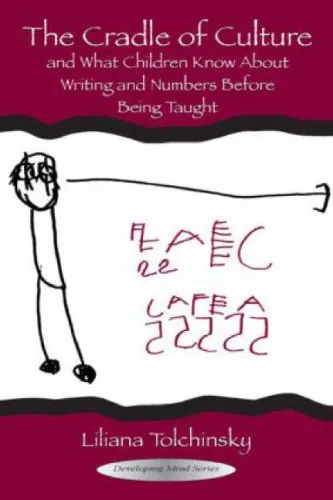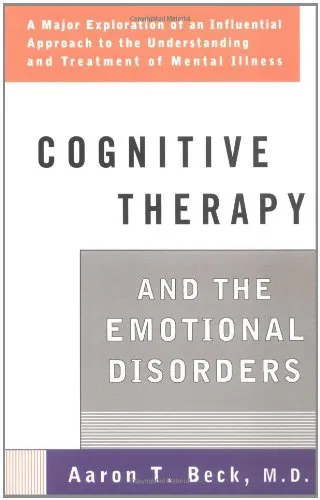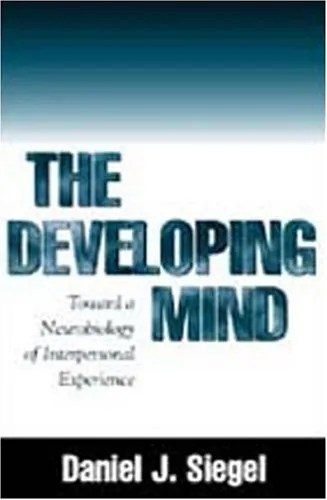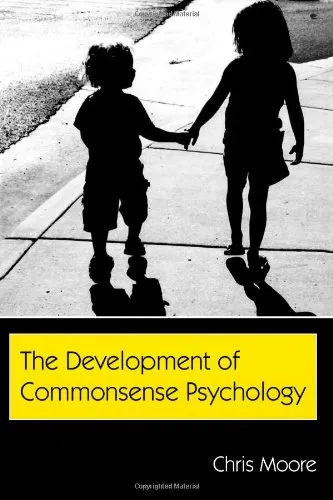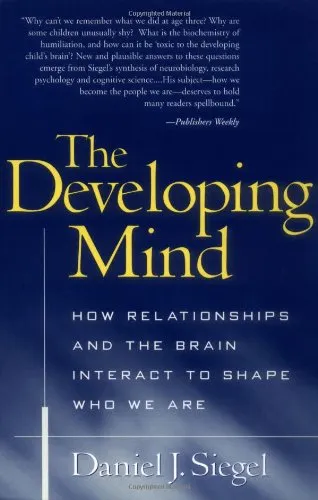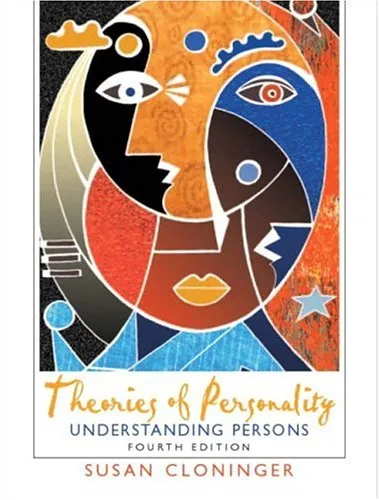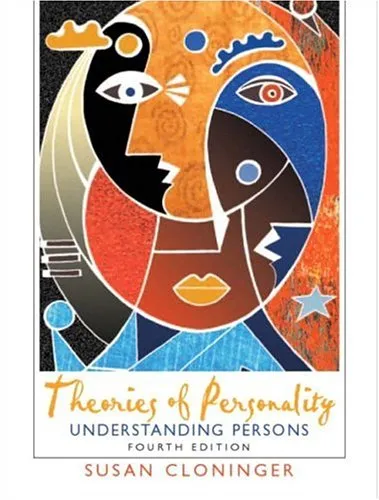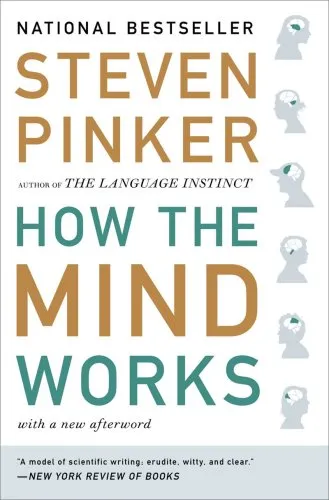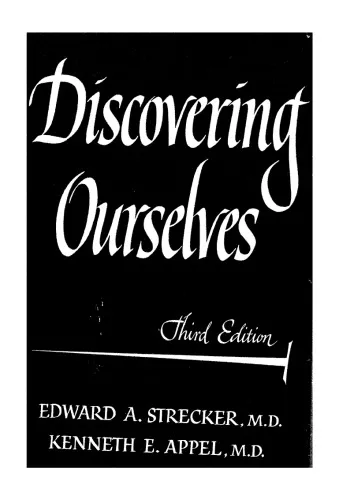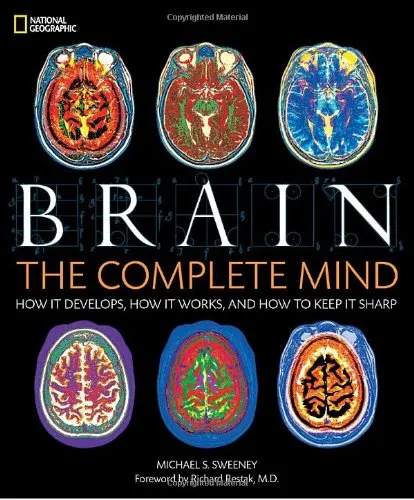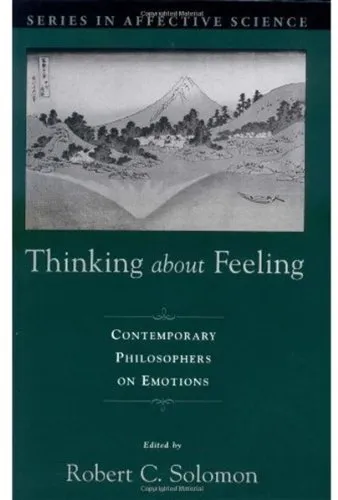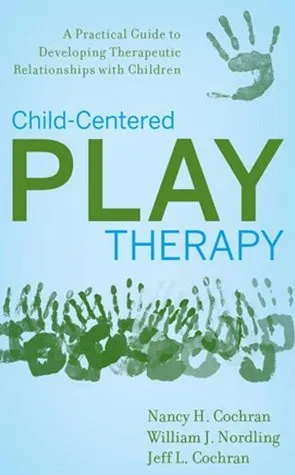The Cradle of Culture: And What Children Know About Writing and Numbers Before Being Taught (The Developing Mind Series)
4.5
Reviews from our users

You Can Ask your questions from this book's AI after Login
Each download or ask from book AI costs 2 points. To earn more free points, please visit the Points Guide Page and complete some valuable actions.Related Refrences:
Introduction to "The Cradle of Culture"
In 'The Cradle of Culture: And What Children Know About Writing and Numbers Before Being Taught', author Liliana Tolchinsky explores the rich and often overlooked cognitive endowments children possess pre-instruction. Her work delves deeply into children's spontaneous understanding of writing and numbers, inviting readers to rethink conventional perceptions of how knowledge in these domains develops.
Detailed Summary of the Book
This book provides a comprehensive examination of how very young children perceive, interpret, and use writing and numbers long before formal education begins. Tolchinsky posits that children are not blank slates; instead, they bring intrinsic competencies to their learning experiences. These competencies are shaped by the culture and environment into which they are born and play a crucial role in their cognitive development.
Part I of the book focuses on children's understanding of writing. It unpacks the early mastery of scribbles that represent early attempts at written communication, illustrating that young minds distinguish between drawing and writing. Through various observations and studies, the book demonstrates that children develop hypotheses about writing that are informed by their environmental encounters with text and literacy practices.
Part II shifts to children's innate numerical knowledge. Tolchinsky shares her findings on how children intuitively perceive quantity and numerical relationships without having been formally taught. Using anecdotes and research data, she explains how children reveal sophisticated insights into numbers and arithmetic through play and everyday activities.
Key Takeaways
- Children possess inherent cognitive abilities that facilitate learning before formal education.
- The environment and cultural context significantly shape early perceptions of writing and numeracy.
- Early childhood is a critical period for testing and expanding innate hypotheses about literacy and mathematics.
- Recognizing children's early competencies empowers educators and caregivers to better support learning processes.
Famous Quotes from the Book
"Children come into this world primed to make sense of symbols and numbers, weaving their own narratives from the tapestry of cultural cues that surround them."
"The lines between play and learning blur, as children embark on their journeys of discovery with a fertile mix of curiosity and creativity."
Why This Book Matters
The insights shared in 'The Cradle of Culture' are vital for educators, parents, and policy makers. Liliana Tolchinsky challenges the notion that education starts with formal teaching, asserting instead that it begins far earlier with the child's first experiences in the world. This perspective calls for a re-evaluation of early childhood education practices, urging us to cultivate environments that recognize and nurture the nascent abilities children bring with them.
By understanding the mechanisms through which young children engage with writing and numbers, we can better tailor educational approaches that harness these foundational skills. Tolchinsky's work advocates for a paradigm shift, one that recognizes children's intrinsic potential and the profound implications of cultural context on their development.
Free Direct Download
You Can Download this book after Login
Accessing books through legal platforms and public libraries not only supports the rights of authors and publishers but also contributes to the sustainability of reading culture. Before downloading, please take a moment to consider these options.
Find this book on other platforms:
WorldCat helps you find books in libraries worldwide.
See ratings, reviews, and discussions on Goodreads.
Find and buy rare or used books on AbeBooks.
1335
بازدید4.5
امتیاز0
نظر98%
رضایتReviews:
4.5
Based on 0 users review
Questions & Answers
Ask questions about this book or help others by answering
No questions yet. Be the first to ask!
